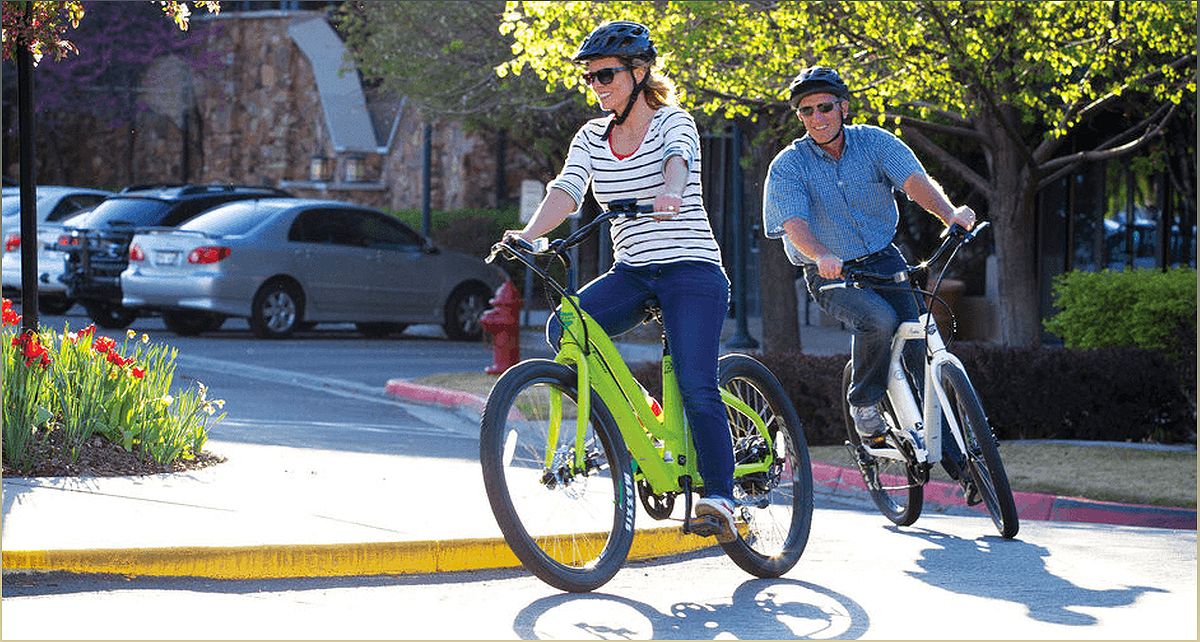In a world obsessed with electric vehicles (EVs) and the flashy allure of shiny bobbles like the Tesla Cybertruck, a new sustainability study suggests that the unsung heroes of green mobility are the humble e-bikes, scooters, and mopeds. This exploration delves into the surprising environmental and financial benefits that these two-wheeled wonders bring to the table.
E-Bikes and Mopeds: Surpassing Electric Cars in Environmental Impact
Discover how e-bikes and mopeds are outshining electric cars in their environmental contributions.
While electric vehicles (EVs) are making waves in the automotive industry, it is the humble e-bikes and mopeds that are stealing the spotlight when it comes to environmental impact. A new report reveals that these two-wheeled wonders are currently displacing four times more demand for oil than all the world's electric cars combined.
The key to their success lies in their staggering popularity, particularly in countries like China where mopeds are a common mode of transport. With over 280 million electric mopeds, scooters, motorcycles, and three-wheelers on the road last year, these eco-friendly alternatives are already cutting global oil demand by approximately one million barrels per day.
This data highlights the need to acknowledge the limitations of EVs and recognize the significant impact that e-bikes and mopeds are making in the quest for green mobility.
The Environmental and Financial Benefits of E-Bikes
Explore the environmental and financial advantages of choosing e-bikes as a sustainable mode of transportation.
While electric cars have their own set of environmental benefits, it is essential to recognize their limitations. Electric cars still contribute to traffic congestion, take up significant road space, and pose risks to cyclists and pedestrians. On the other hand, e-bikes offer a budget-friendly alternative with a smaller carbon footprint.
Not only are e-bikes more cost-effective in terms of fuel and maintenance, but they also have a significantly lower upfront cost compared to electric cars. For example, the annual charging cost for a daily commute of 12 miles on an e-bike is around $20, making it an unbeatable choice for short trips and errands.
Furthermore, studies have shown that e-bikes demonstrate a smaller environmental impact compared to electric cars, particularly for short trips. In the UK, e-scooter trips produced up to 45% less carbon dioxide than alternatives, and a shift to e-bike trips in the US could lead to a 7% reduction in transport emissions.
Reshaping Urban Transportation with Electric Micromobility
Discover how electric micromobility options like e-bikes and scooters are revolutionizing urban transportation.
The rise of electric micromobility, including e-bikes, scooters, and skateboards, presents an opportunity to reshape urban transportation. These smaller electric options not only offer cost-effective alternatives but also address the 'last mile' problem in public transport systems, making commuting more efficient and environmentally friendly.
By incorporating electric micromobility into our cities, we can reduce traffic congestion, improve air quality, and create a more sustainable future. These convenient and eco-friendly modes of transportation are changing the way we move around our urban environments.

